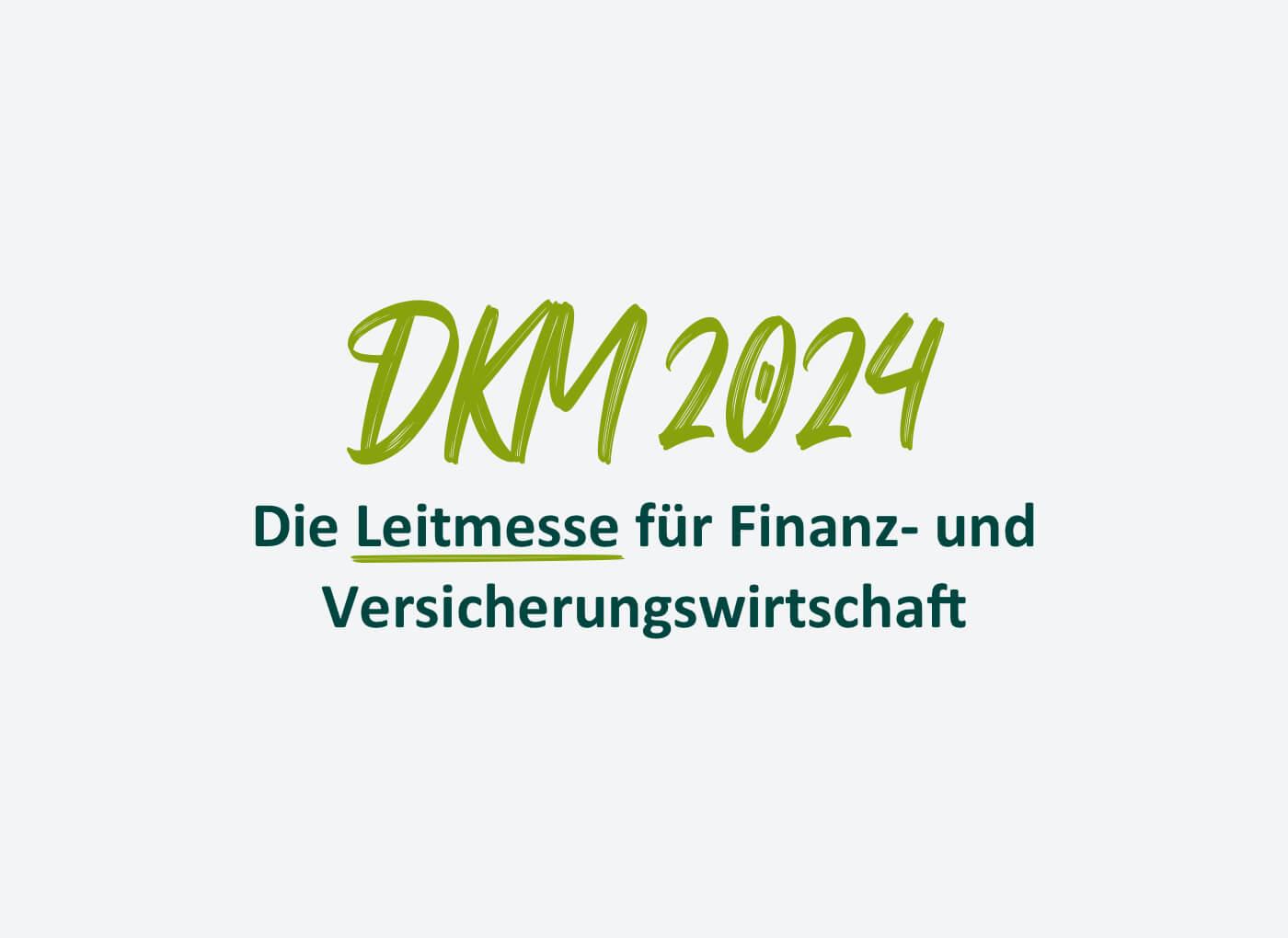
What is the price tag on the world?
A few weeks ago, I wrote about the world's most powerful climate change movement, an alliance of more than 370 major financial services firms representing $41 trillion in green investment assets. This is nothing however, compared to the wealth that an intact environment represents. The Intergovernmental Panel on Climate Change estimates the value of services provided by nature in the form of functioning ecosystems at about $90 trillion. That is roughly the entire current global economic output. A new study by the German Nature Conservation Union and the Boston Consulting Group estimates that the monetary value of biodiversity is twice as high. This does not even include values such as recreation, well-being and enjoyment.
The value of a bluebird
These estimates may sound very abstract. Do you however know the value of a bluebird or a bee? By exterminating pests and scattering seeds, a bluebird yields a benefit of about 154 euros a year. Bees pollinate three-quarters of all crops and in this way provide a service to the global economy of around one trillion dollars a year. We pay around half of this, 500 billion dollars, per year for the exploitation and destruction of nature. Most of this is in the form of subsidies for fossil fuels, energy and agriculture. Humanity spends merely around $80 billion (= 0.1 percent of global economic output) on protecting the natural foundations of life.
A market price for nature and the climate
These figures are drawn from a report published by the British government in February 2021 on the “Economics of Biodiversity” (“Ökonomie der Artenvielfalt”). The report’s core message is that the overexploitation of nature is not a market failure, but an institutional failure. Nature is more than just an economic good, the researchers write; it has not only a “use value” but also an “intrinsic value.” We use eco-services as if they were free, because nature and biodiversity have no market price. Economics and its pricing models are not the problem, but the solution: if we want to preserve nature and its values, we need to set a price for its use and link it to the pricing of the consumption of CO2. The higher the price, the better for nature and the climate. A CO2 price of $100 a ton would raise about $3.5 trillion if we consume 35 billion tons of CO2 a year. We could invest half of this sum in climate and species protection through a nature trust, and distribute the other half to the world’s poorest households in the form of a green return.
A hundredfold return
Let’s turn nature into an economic factor and capitalism into a green one! It would be worth it, ecologically and economically. For every euro we invest in a new national park or in a floodplain, for example, the natural return would be 100 euros, i.e. a factor of 100. It would be unreasonable to pass up such a return. Don’t you agree?






